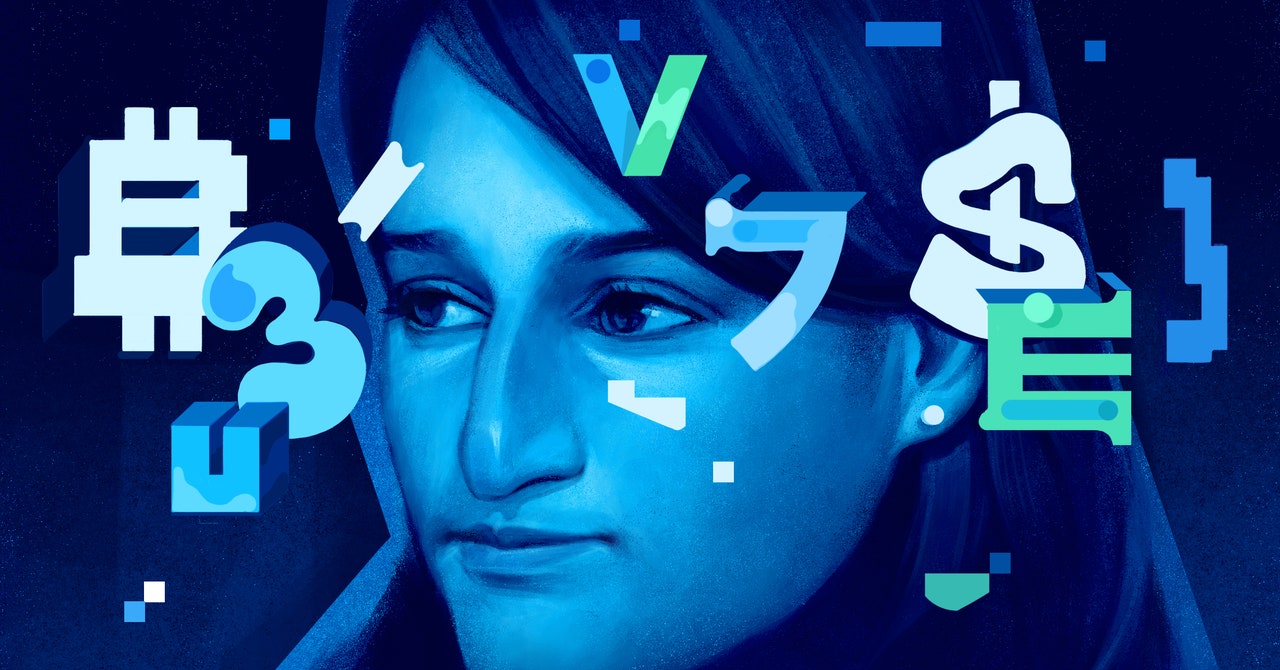- cross-posted to:
- hackernews@derp.foo
- cross-posted to:
- hackernews@derp.foo
“This is the story of the revelation in late 2013 that Bitcoin was, in fact, the opposite of untraceable—that its blockchain would actually allow researchers, tech companies, and law enforcement to trace and identify users with even more transparency than the existing financial system.”



true, but paying in cash is sort of difficult over the internet.
You can send it via mail, but mail is slow and it could potentially be traced back to you.
https://en.wikipedia.org/wiki/Hawala
I think that such stuff can be a great layer of privacy and can be set up in a diaspora, in a church, in a community, by a rich guy alone.
Here’s the summary for the wikipedia article you mentioned in your comment:
Hawala or hewala (Arabic: حِوالة ḥawāla, meaning transfer or sometimes trust), originating in India as havala (Hindi: हवाला), also known as havaleh in Persian, and xawala or xawilaad in Somali, is a popular and informal value transfer system based on the performance and honour of a huge network of money brokers (known as hawaladars). They operate outside of, or parallel to, traditional banking, financial channels and remittance systems. The system requires a minimum of two hawaladars that take care of the “transaction” without the movement of cash or telegraphic transfer. While hawaladars are spread throughout the world, they are primarily located in the Middle East, North Africa, the Horn of Africa and the Indian subcontinent. Hawala follows Islamic traditions but its use is not limited to Muslims.
to opt out, pm me ‘optout’. article | about